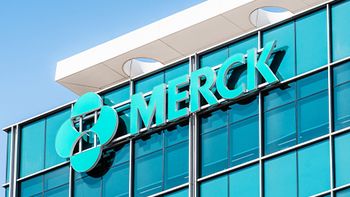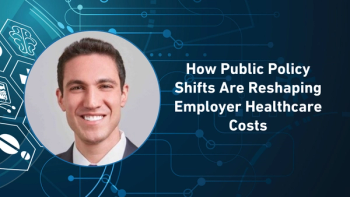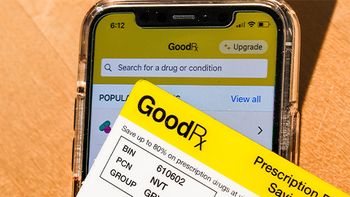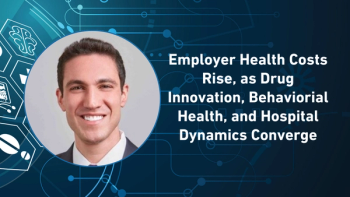
Actelion Pharmaceuticals settles with DoJ over patient copay improprieties
$360-million settlement involved assistance funneled through a charity
Now a subsidiary of Johnson & Johnson, Actelion had been under investigation by the Office of Inspector General, HHS, over financial assistance provided by the company for its pulmonary arterial hypertension (PAH) drugs during 2014-15. The assistance was funneled through the Caring Voice Coalition, a Richmond, VA, foundation for chronic care patients.
Such assistance is not inherently a violation of the False Claims Act, but according to DoJ, “Actelion routinely obtained data from the foundation detailing how many patients on each Actelion drug the foundation had assisted, how much the foundation had spent on those patients, and how much the foundation expected to spend on those patients in the future. Actelion used this information to budget for future payments to the foundation on a drug-specific basis and to confirm that its contribution amounts to the foundation were sufficient to cover the copays of patients taking Actelion’s drugs, but not of patients taking other manufacturers’ PAH drugs.”
This alleged activity was further enhanced by identifying Medicare patients (who are not eligible for copays) to exclude them from a free drug program, and then direct them to the foundation for copay support. According to generally accepted industry practice, a pharma company can avoid kickback violations when it provides assistance with no strings or targeting of specific patients.
These activities took place during a period where Actelion raised the price of one of its leading PAH drugs, Tracleer, 30 times the rate of inflation, according to DoJ.
Caring Voice Coalition has a statement on its website noting that, after a 2017 rescission of an advisory opinion from HHS, it longer provides financial assistance to patients it engages with. According to various press reports, a number of drug companies are currently under investigation for similar False Claims Act violations; United Therapeutics and Pfizer have settled with DoJ in recent months as well.
Newsletter
Stay ahead in the life sciences industry with Pharmaceutical Commerce, the latest news, trends, and strategies in drug distribution, commercialization, and market access.




